Learning at
St Anne's College

Learning at
St Anne's College
St Anne’s College is a Reggio Emilia inspired, Inquiry school.
The Learning Mentor
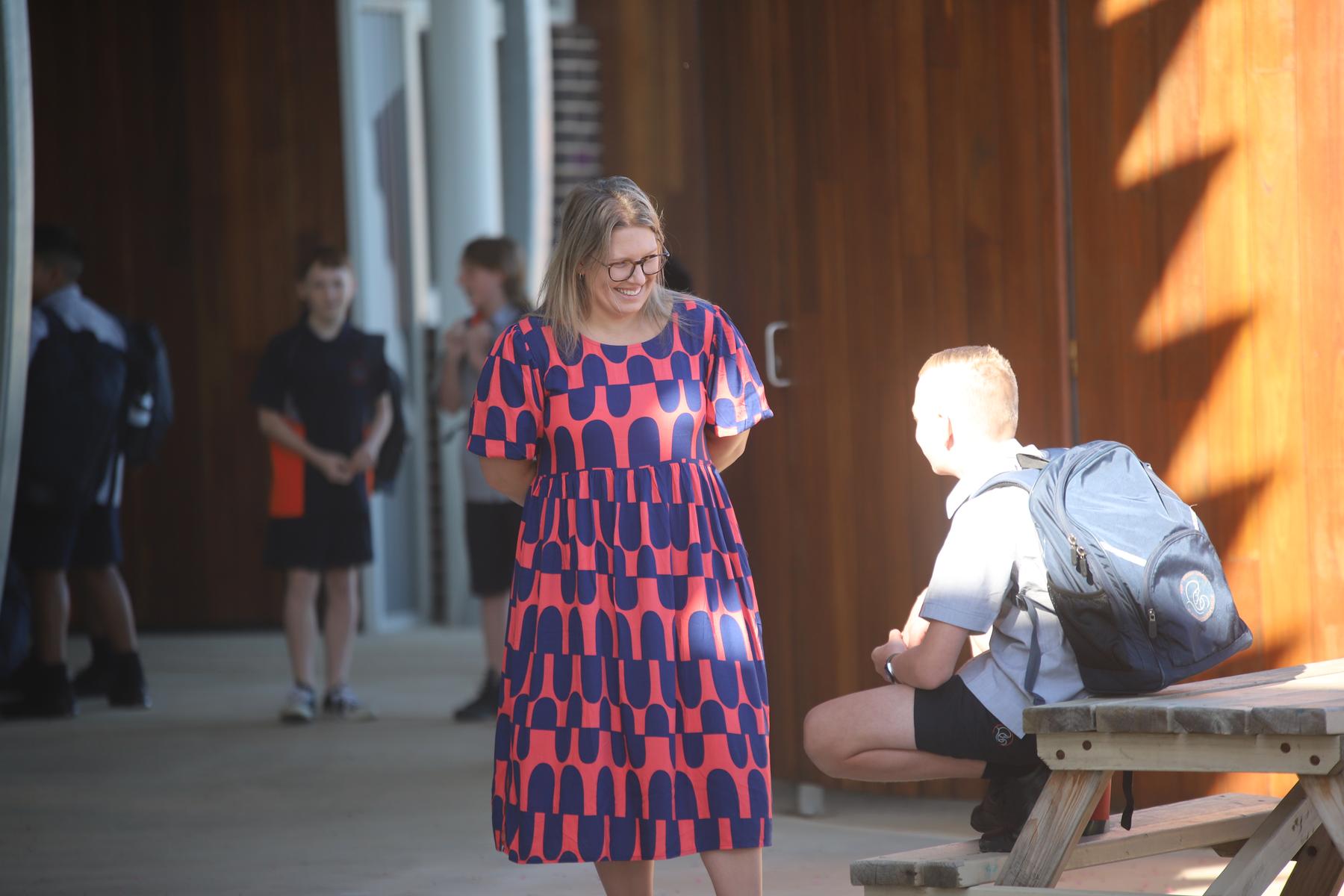

At St Anne’s, Learning Mentors will support the learner, the child, their students, to investigate questions, problems, passions and interests about the world around and within them.
As an Inquiry school, the learner is a researcher – both in collaboration with others and as an individual.
St Anne’s Inquiry pedagogy focuses on learning to learn. This sits alongside learning about ‘big ideas’ that helps us make sense of the world. As an Inquiry school, it is the LEARNER who constructs his/her understandings – moving from the known to the new.
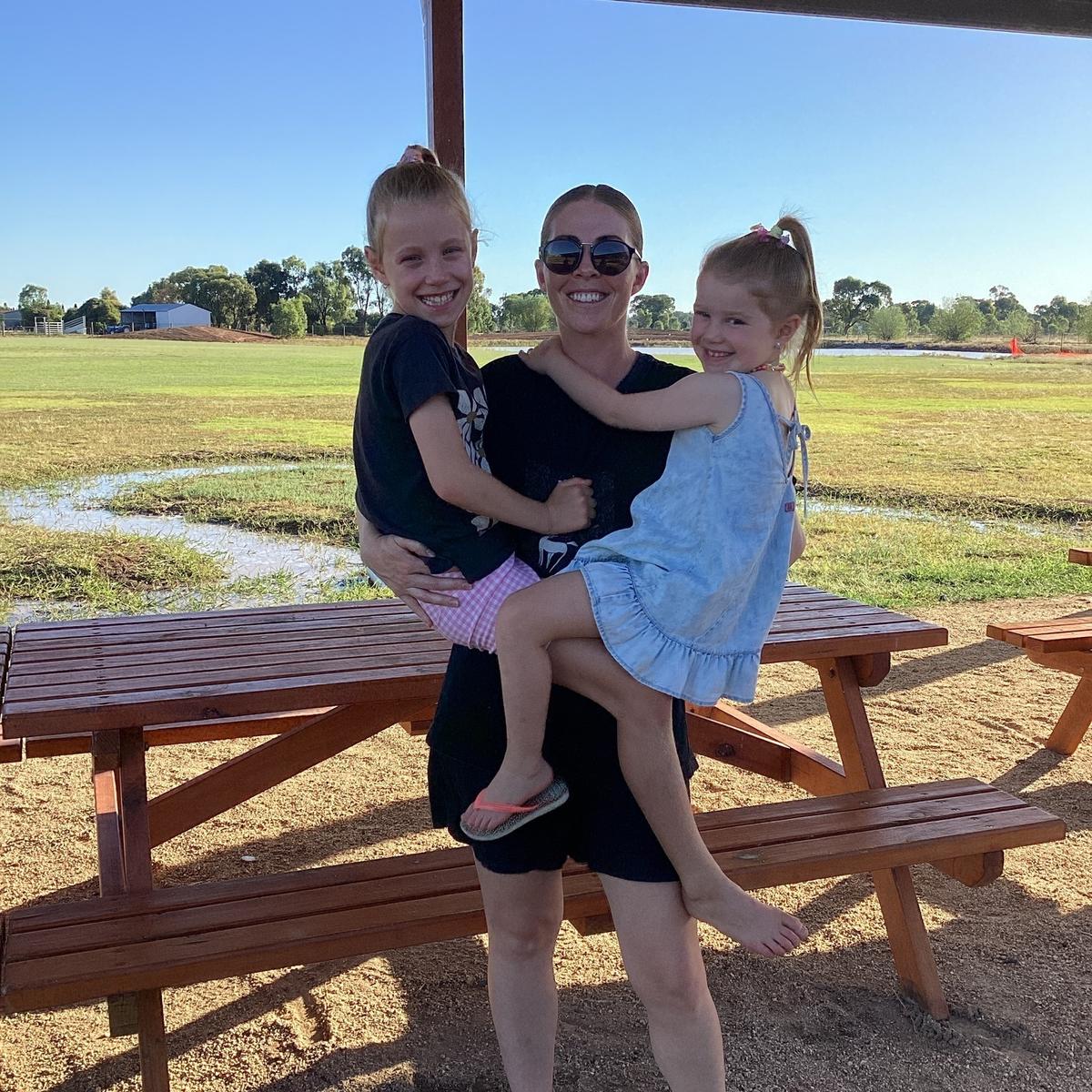

The parent
At St Anne’s, the parent, caregiver or guardian, is seen as an integral ‘cog’ in the learning cycle. Learning cannot be fully achieved if there is not a commitment to creating relationships with parents that are engaging and authentic.
We endeavour to support you on your child’s learning journey; a journey that commenced long before starting at St Anne’s, with a competent and capable child who has learnt to walk, talk, feed and socialise. We recognise the parent as the first and foremost educator in a child’s learning and we now take your hand on this journey.
St Anne’s therefore asks you, the parent, that you commit to our Catholic values, are prepared to continue to support your child’s learning and trust us in providing your child with learning opportunities that will allow each individual to wonder, discover and learn.
The learner
St Anne’s is committed to the learner, be this a child, adolescent or adult, and recognises that everybody can learn and will learn throughout all stages of their life.
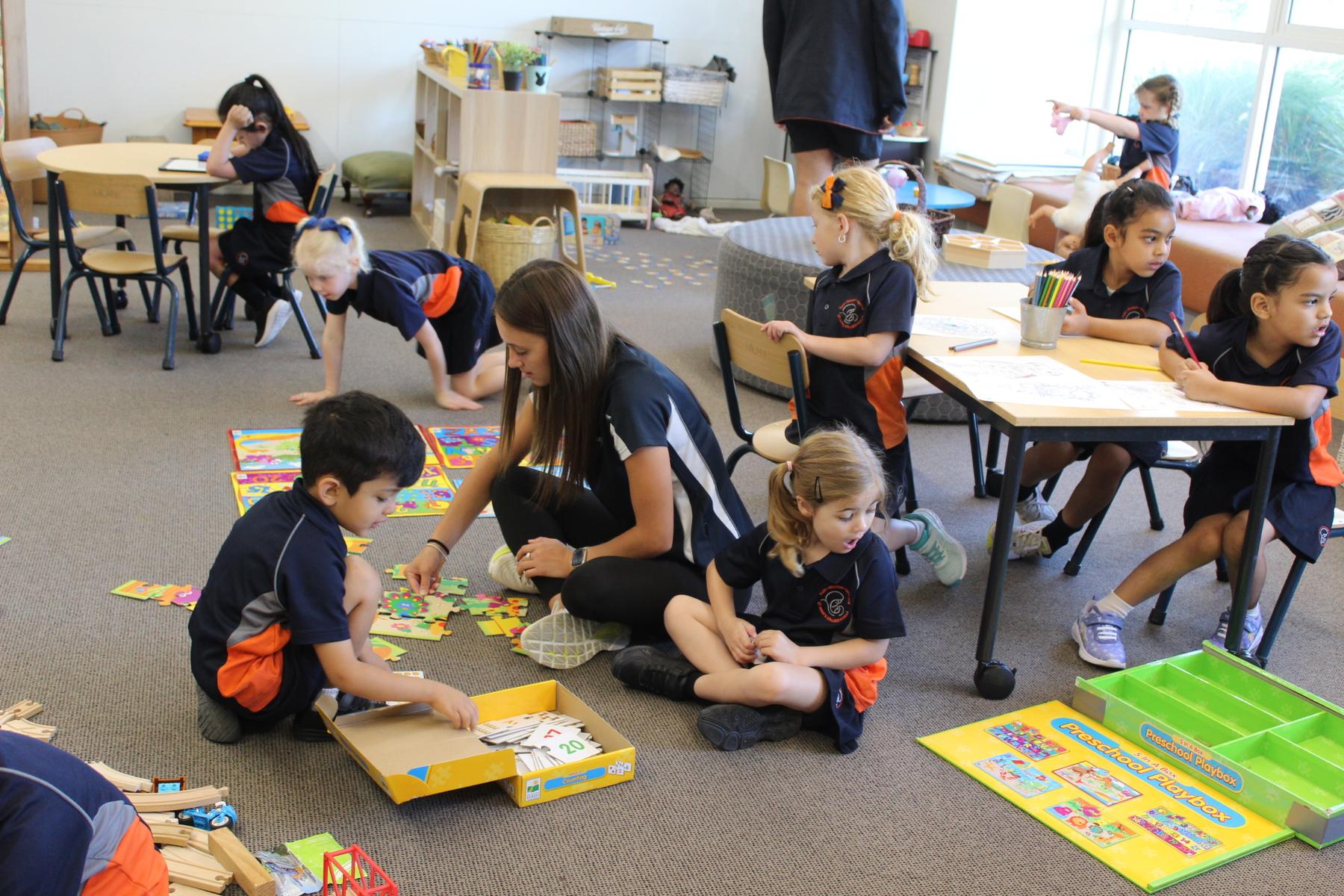

From the learner, we at St Anne’s expect a strong desire to do their best. Each day brings a new beginning and a craving to discover the world about us. Learners will therefore bring a readiness to not only learn for themselves, but allow those about them to learn free of interruption, in a safe and happy environment.
Learners will be encouraged to seek answers to their wonderings in an atmosphere where each individual is encouraged to explore the world about them, individually or in unison with their peers. The learner must be willing to move from their comfort zone, into new and exciting spheres. A learner must bring a positive and ‘can do’ approach to all learning experiences.
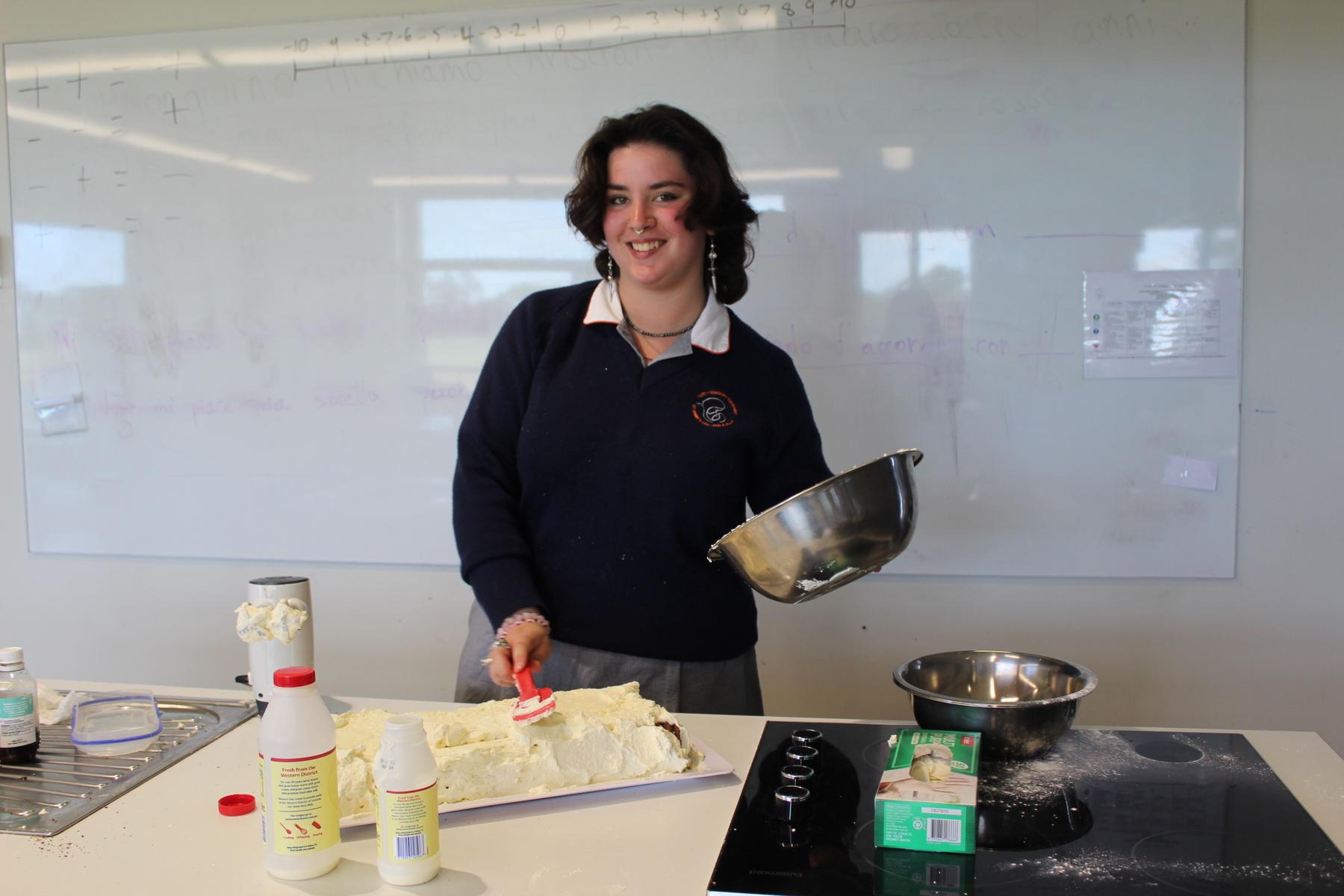

We know that all learners will experience success. We also know that learning is not easy and that there will be times when mistakes are made and we do not achieve our desired outcome. Learners will see this as a springboard for continued research into what could be an eventual success.
At St Anne’s we recognise that we are all created equal in God’s image.
All learners will be treated as equals, with the right to learn.
All learners will be expected to respect the rights of others to learn, treating each other with care, compassion and dignity.
“School is not a place only to transmit culture but to create it, to encourage critical thinking, creativity and relationship. No longer can schools simply be reproducers of knowledge. They are places where children and adults construct knowledge and their understanding of the world together.”
- Carla Rinaldi: Re-imaging childhood – the inspiration of Reggio Emilia education principles in South Australia. (2013)
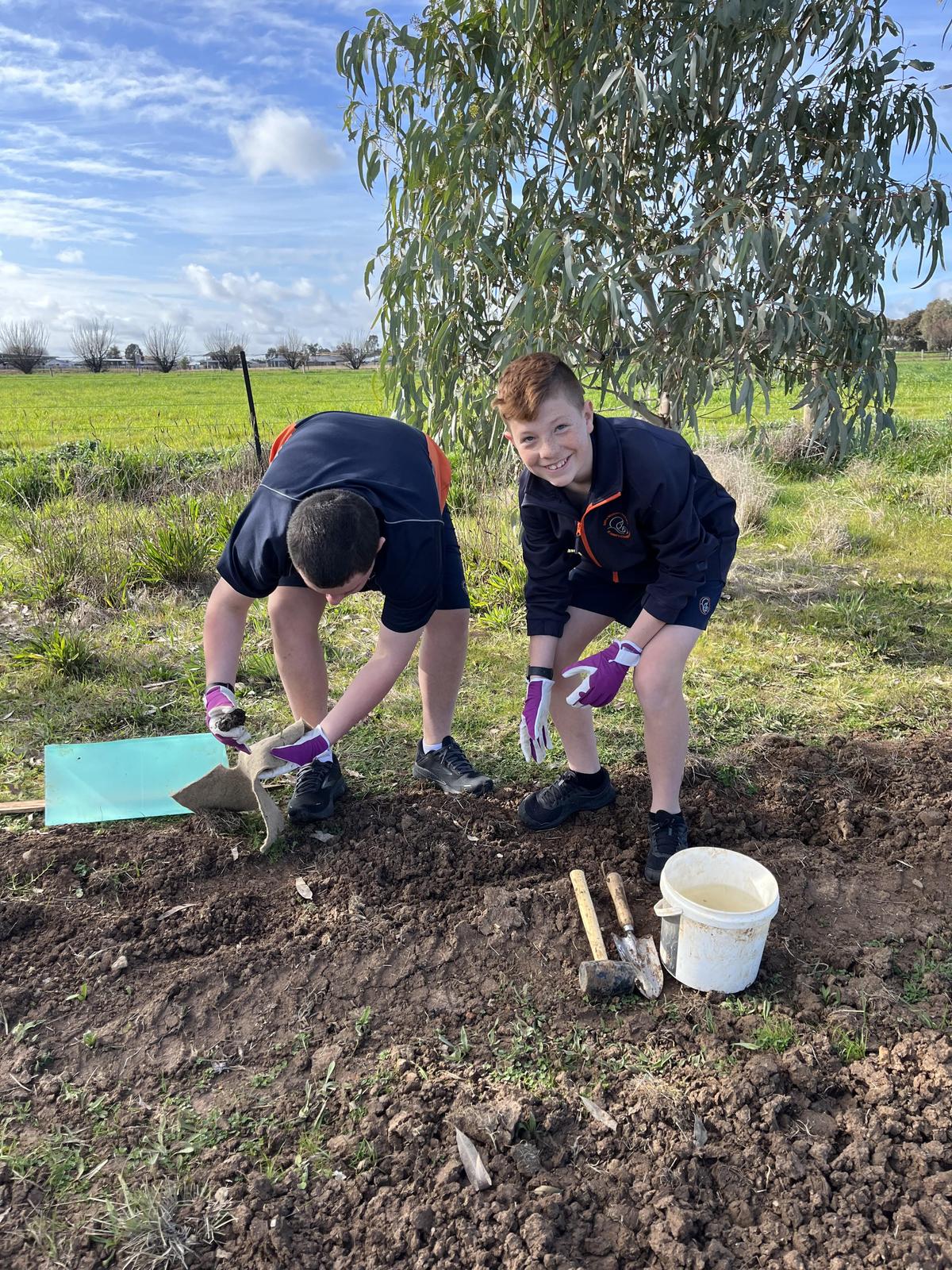

“Inquiry learning encourages learners to examine the complexity of the world and form concepts and generalizations instead of being told simple answers to complex problems.”
- Kath Murdoch: The Power of Inquiry (2015)
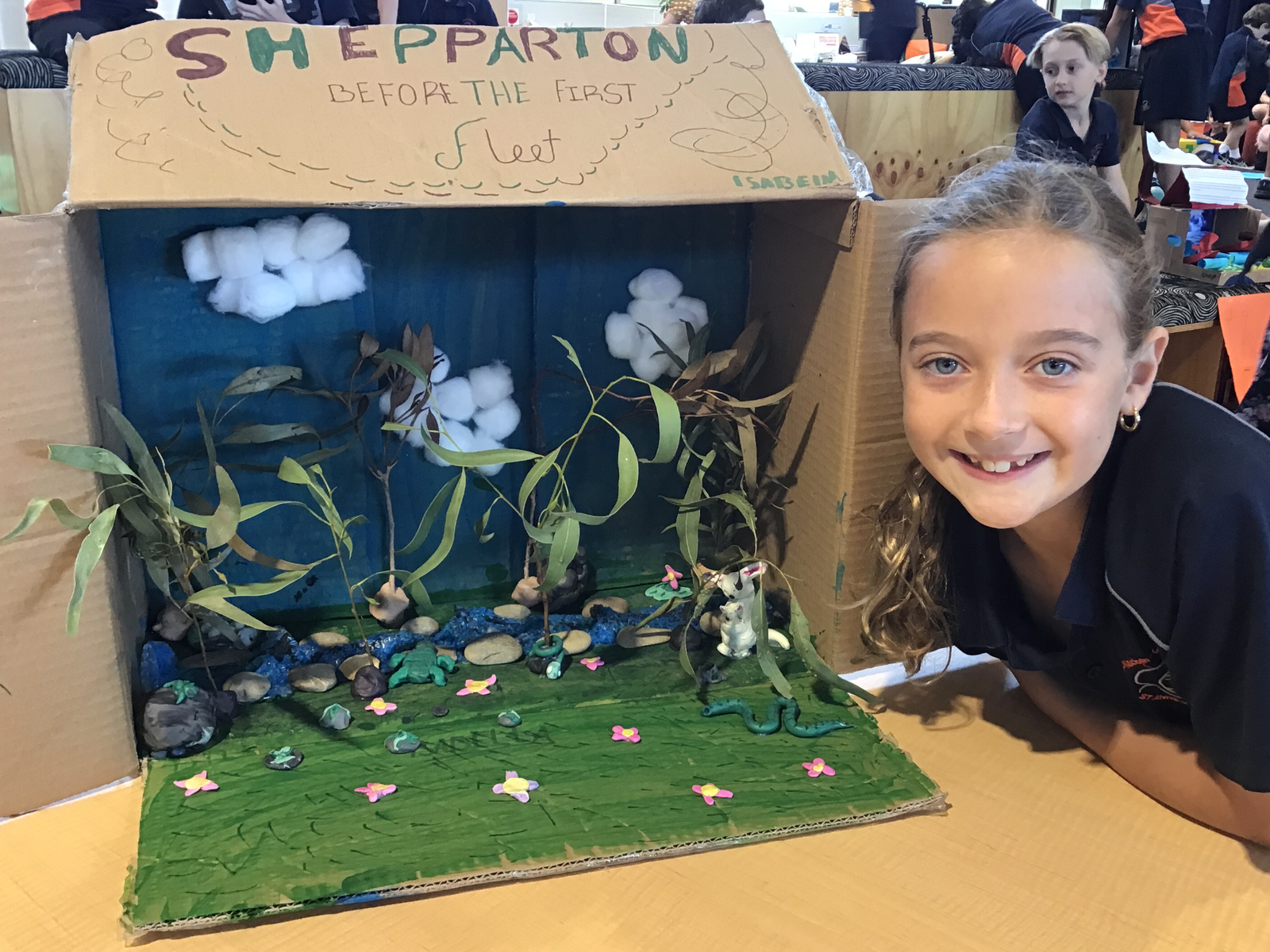
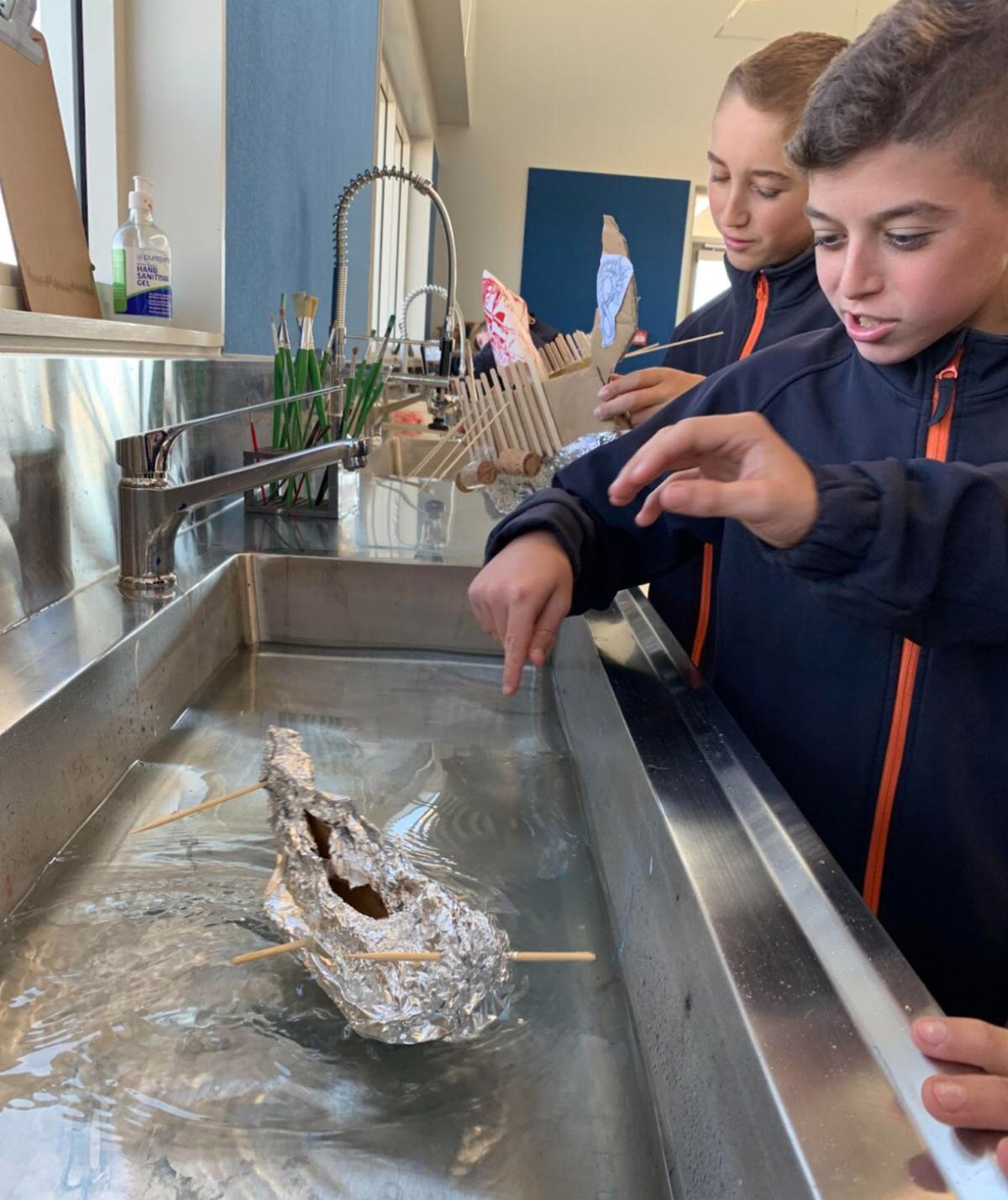




At St Anne’s College Inquiry learning looks like: